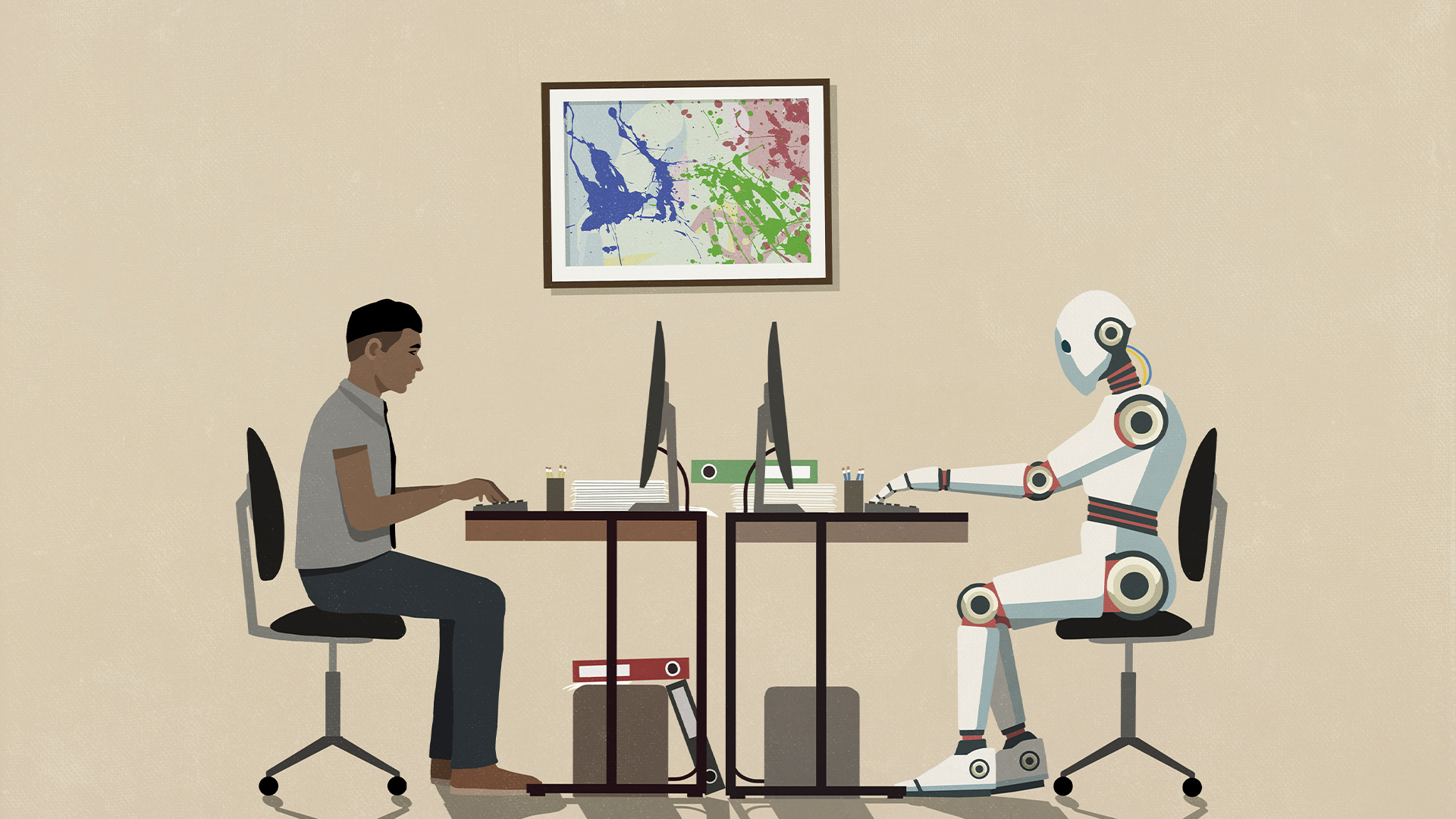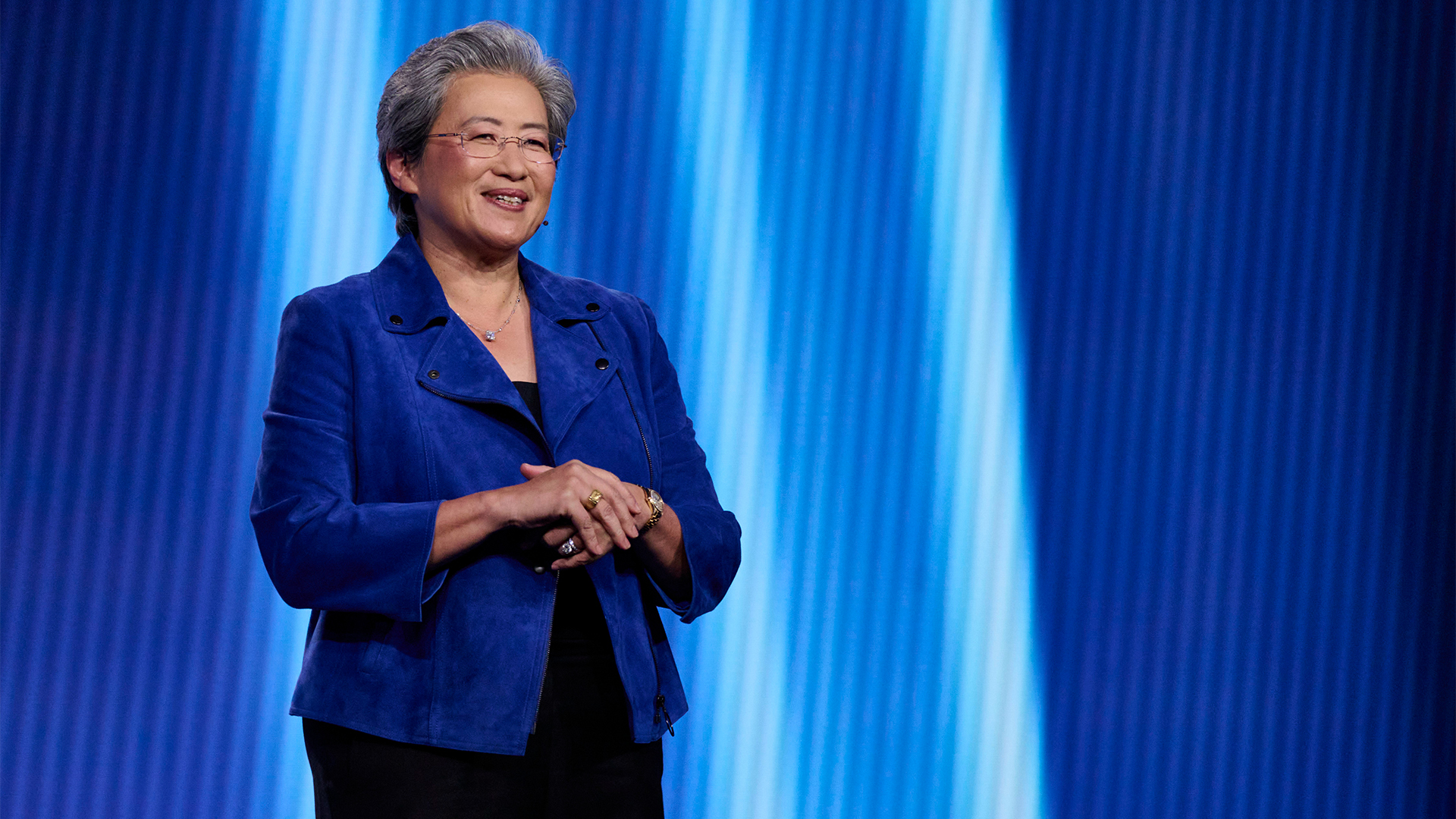Enterprises are concerned about ‘critical shortages’ of staff with AI ethics and security expertise
Tech leaders are reporting higher demand for AI literacy and “human skills”


While more than three-quarters of IT roles now require technical AI abilities, enterprises are increasingly prioritizing “human skills” to ensure responsible development of the technology.
That's according to a study by the AI Workforce Consortium – led by Cisco but made up of firms including Google, Intel, Microsoft, SAP and more – which found that 78% of the job roles analysed in the sector now require AI skills.
Alongside that, seven of the ten fastest-growing IT roles are linked to AI, including AI or machine learning engineering positions, AI risk and governance specialists, and natural language processing engineers.
Notably, the research spotted serious skills deficits when it comes to large language models, prompt engineering, generative AI, AI ethics, and AI security.
"These critical shortages jeopardize organizations’ ability to scale AI responsibly, securely, and effectively, highlighting the urgent need for targeted learning and security upskilling," the report said.
Andre Bechtold, President of SAP Industries & Experiences, added in a statement that security and ethics were key to the AI rollout.
"It is imperative to deliver AI based on the highest security and ethical standards in a way that streamlines compliance across an organization," he said.
Sign up today and you will receive a free copy of our Future Focus 2025 report - the leading guidance on AI, cybersecurity and other IT challenges as per 700+ senior executives
Human skills for AI
Alongside technical skills, the report highlighted the ongoing needs for "human skills", saying communication, collaboration, leadership, critical thinking, and problem solving were increasing in importance because of the rise of AI.
"As AI reshapes our world and work, people remain at the center," said Francine Katsoudas, Chief People, Policy & Purpose Officer, Cisco.
"This year's report makes clear that AI skills open exciting new doors, but it's the combination of technical expertise and human strengths like collaboration and leadership that will truly shape a brighter future.
The study noted that Silicon Valley has seen the most growth in AI jobs, up by 156%, followed by London and Toronto, though Manchester, Lyon, and Vancouver were also identified as emerging AI hubs with 70% job growth.
Boosting AI skills
AI is already having an impact on the job market, noted Svenja Gudell, Chief Economist at consortium member Indeed. Other research backs that up: a study from Stanford showed AI is already starting to take over some roles completely.
"AI is changing the very DNA of jobs and with it redefining the job market as we know it," Gudell said.
Spurred by the report, the consortium has agreed to upskilling and reskilling 95 million people globally over the next decade, offering a set of resources to help.
That includes a guide to companies for meeting AI adoption responsibly, a database of more than 200 curated courses for technical and AI skills, as well as an AI skills glossary to help push the AI industry forward in a standardized way.
“How do you prepare your people for the rapid changes that AI promises to bring?” said Himanshu Palsule, CEO at Cornerstone.
“We know from this year’s report, along with past analysis, that skills demands and job requirements around AI are rising exponentially and will only continue to grow."
Katsoudas added: "We are committed to building a workforce that is ready for this new era of growth, and to give people everywhere the opportunity to learn, contribute and benefit."
Make sure to follow ITPro on Google News to keep tabs on all our latest news, analysis, and reviews.
MORE FROM ITPRO
- AI skills shortages exacerbated by surging salary demands
- These are the top 'soft skills' your business needs to succeed with AI
- AI skills training can't be left in the hands of big tech
Freelance journalist Nicole Kobie first started writing for ITPro in 2007, with bylines in New Scientist, Wired, PC Pro and many more.
Nicole the author of a book about the history of technology, The Long History of the Future.
-
 "We want AI to work for Britain": The UK government wants to upskill 10 million Brits in AI by 2030 – and the courses are free to access
"We want AI to work for Britain": The UK government wants to upskill 10 million Brits in AI by 2030 – and the courses are free to accessNews The nationwide upskilling push aims to help UK workers capitalize on the generative AI boom
-
 Business leaders are using AI as a “license to reduce headcount” – new Morgan Stanley research lays bare the impact on UK workers
Business leaders are using AI as a “license to reduce headcount” – new Morgan Stanley research lays bare the impact on UK workersNews Analysis of five sectors highlights an "early warning sign" of AI’s impact on jobs
-
 Lloyds Banking Group wants to train every employee in AI by the end of this year – here's how it plans to do it
Lloyds Banking Group wants to train every employee in AI by the end of this year – here's how it plans to do itNews The new AI Academy from Lloyds Banking Group looks to upskill staff, drive AI use, and improve customer service
-
 CEOs are fed up with poor returns on investment from AI: Enterprises are struggling to even 'move beyond pilots' and 56% say the technology has delivered zero cost or revenue improvements
CEOs are fed up with poor returns on investment from AI: Enterprises are struggling to even 'move beyond pilots' and 56% say the technology has delivered zero cost or revenue improvementsNews Most CEOs say they're struggling to turn AI investment into tangible returns and failing to move beyond exploratory projects
-
 Companies continue to splash out on AI, despite disillusionment with the technology
Companies continue to splash out on AI, despite disillusionment with the technologyNews Worldwide spending on AI will hit $2.5 trillion in 2026, according to Gartner, despite IT leaders wallowing in the "Trough of Disillusionment" – and spending will surge again next year.
-
 A new study claims AI will destroy 10.4 million roles in the US by 2030, more than the number of jobs lost in the Great Recession – but analysts still insist there won’t be a ‘jobs apocalypse’
A new study claims AI will destroy 10.4 million roles in the US by 2030, more than the number of jobs lost in the Great Recession – but analysts still insist there won’t be a ‘jobs apocalypse’News A frantic push to automate roles with AI could come back to haunt many enterprises, according to Forrester
-
 Businesses aren't laying off staff because of AI, they're using it as an excuse to distract from 'weak demand or excessive hiring'
Businesses aren't laying off staff because of AI, they're using it as an excuse to distract from 'weak demand or excessive hiring'News It's sexier to say AI caused redundancies than it is to admit the economy is bad or overhiring has happened
-
 Lisa Su says AI is changing AMD’s hiring strategy – but not for the reason you might think
Lisa Su says AI is changing AMD’s hiring strategy – but not for the reason you might thinkNews AMD CEO Lisa Su has revealed AI is directly influencing recruitment practices at the chip maker but, unlike some tech firms, it’s led to increased headcount.


